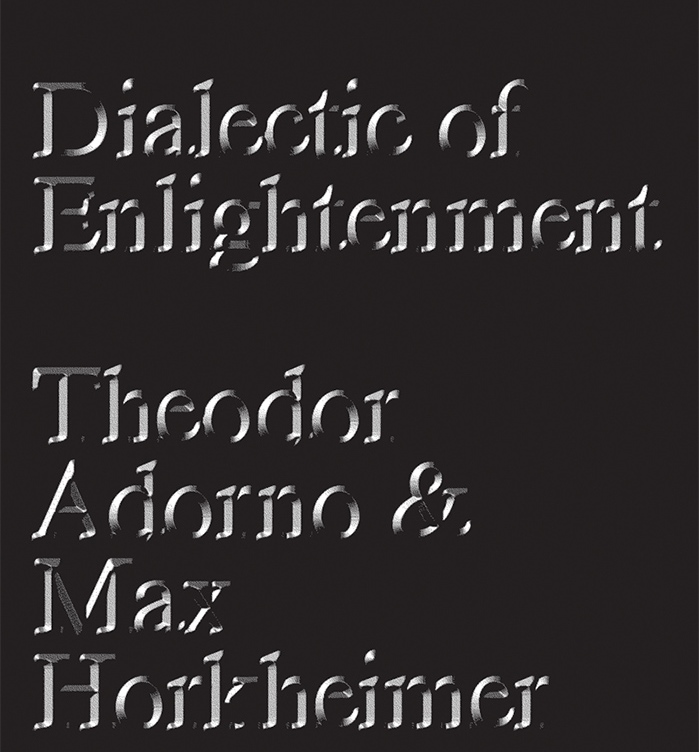It seems newer and even older perspectives on ‘the trouble with the world’ – classical Marxism, religion, Constructivism/Deconstruction, Huntington and numerous middle-level theories – have combined to overshadow the shocker from this great book by two of the toughest minds among the Frankfurt scholars who seized the world in the post war years.
But critical theory which they pioneered is not dead. And there might be no better place to read just a gist of their ground shaking conception of ‘the trouble with the world’ than Anthony Elliot’s 2008 Routledge publication, Contemporary Social Theory: An Introduction. Intervention found this take on page 20 of Elliot’s book. It goes as follows, with particular reference to the last two sentences:
“Written with remarkable philosophical range and sociological insight, the task Adorno and Horkheimer set for themselves was spelt out thus: ‘The discovery of why mankind, instead of entering into a truly human condition, is sinking into a new kind of barbarism.’ The hell to which the authors referred was the political nightmare they had left behind in Germany – the fascism of the Third Reich. However, such was the increasingly comprehensive sweep of instrumental reason throughout modern societies that Horkheimer and Adorno also found signs or symptoms of fascist domination in liberal democracies too, especially America. In fact, the American entertainment industry – from jazz to Hollywood – was a fundamental part of this process of commercialized brainwashing, and thus indicative of the rise and domination of fascist ideology. The idea then that enlightenment and domination are intricately interwoven lies at the core of ‘Dialectic of Enlightenment’, and is fundamental to the comprehensive sociological diagnosis of modernity that Horkheimer and Adorno expounded”



























